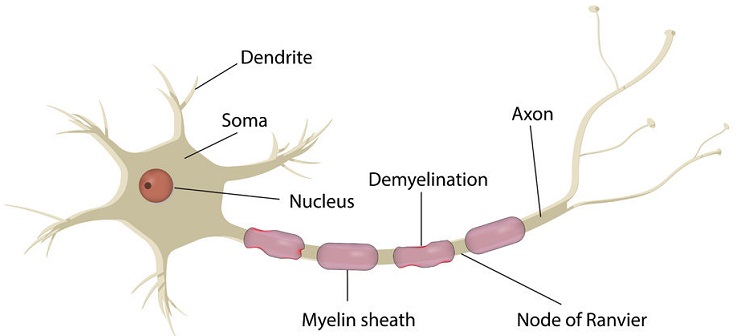

 Back to Latest News
Back to Latest News

Authors: Jinting Xiao, Alain R. Simard, Fu-Dong Shi, Junwei Hao
Summary of the Abstract
Guillain–Barré syndrome (GBS) is an acute and usually monophasic, neurological, demyelinating disease. GBS is an acute and potentially lethal disease.
Although plasma exchange and intravenous immunoglobulin therapy are prominent therapies for GBS and most patients have good outcomes without sequelae with the conventional therapies, 20% of patients continue to have severe disease and 5% die of their disease; so the need of new approaches are continually emerging.
Experimental autoimmune neuritis (EAN) is the classical animal model for GBS. Some drugs have been shown to be effective in EAN but are still a long way from clinical use in GBS patients. Thus, although new these treatment strategies are promising, their effectiveness and adverse reactions require prolonged consideration.
Go to the full article.